Talking About The Tools: John Cusack Interviews Phil Stutz Part 1
In this conversation, John Cusack asks Phil Stutz about the difference between his approach and traditional therapeutic models, the Shadow, and the nature of the spiritual aspect of The Tools.
from John’s original introduction:
Psychiatrist Phil Stutz and psychotherapist Barry Michels first came to national attention in a profile ("Hollywood Shadows") that ran in the New Yorker. Their bestselling book, The Tools, distills the dynamic methodology developed in their private practice. Through their particular brand of alchemy, which draws in part on the Jungian principle of active imagination, Cognitive Behavior Therapy, and spiritual precepts unbuckled from religion, the problems and pain of life become the foundation for creating meaning and transformation. You start to see that problems are the instruments of your evolution.
JOHN CUSACK: You were trained as a psychiatrist and worked at Bellevue and then on Rikers Island. How did that experience influence you when you went into private practice?
PHIL STUTZ: I think I'm a rare duck to the extent that a lot of my formative years were spent on the streets. There is a roughness or immediacy in a street environment—intellectual concepts don't count for very much. Everything has to do with forces that create results. I think that I ended up combining what I learned in that environment with more formal psychiatric training.
JOHN: It's more of a cause-and-effect world, isn't it?
PHIL: Yes. I didn't think of it when I was doing it, but I was bringing some of the urgency, some of the immediacy from the streets into the realm of psychotherapy. On Riker's Island, if a corrections officer was good, he could command a large group of inmates not by reasoning with them but with the vibe that he could give off. The guys who couldn't generate these forces couldn't get any respect.
JOHN: Why, as a young psychiatrist, were you so interested in challenging traditional psychotherapeutic models?
PHIL: I tend to look at things and see what's actually happening. And in psychotherapy, I didn't see much happening. It wasn't that it didn't help people, but I didn't see a focused, tangible goal-directed effect on the patients, and believe me, they wanted them. In my training, nobody spoke to the issue of urgency, but it's like somebody saying, "We're fighting a war with rubber bullets." Then you get there and you find out that the bullets aren't rubber at all. They're metal; you can get killed. So that stirred up a natural desire in me to develop tools and interventions that would work quickly—not necessarily permanently, but they'd give patients relief and some hope.
“I've never—not once—had a patient who didn't want to be empowered. So what we're doing is taking the powers of the unconscious and applying them to problems.”
—PHIL STUTZ
JOHN: Most psychiatrists wouldn't combine the psychological and the spiritual. There's kind of a classic divide that way and most psychological thought seems to reside more on the secular, intellectual side.
PHIL: Historically, when we say "spiritual," we're talking about groups and institutions, and a certain type of law that's handed down, by fiat, to the members of the religion, which is fine. But the way human evolution is going, everything today points in the direction of the individual and so that means it doesn't matter what an institution or an authority tells you about the spiritual world. What matters is what you can experience for yourself. Spiritual forces have to come into society through individuals. That's a big shift and as far as I'm concerned it gets bigger every year.
JOHN: In some ways, you are standing on the shoulders of Carl Jung in that Jung believed in active imagination and a form of alchemy with the subconscious, that fused the spiritual and the psychological, but you're taking active imagination to a much more focused, results-oriented level. Would that be a fair statement?
PHIL: Definitely I'm standing on his shoulders, yes, and it's a privilege. But there tends to be a circularity in the Jungian unconscious, and sometimes, you can't afford that. How do you approach the unconscious with specific goals in mind that speak to specific problems you're having? This is where The Tools come in.
JOHN: One of your tools involves the Shadow—the internal archetype Jung discovered in us. Mary-Louise Franz, who studied with Jung, said, "Every dark thing . . . one falls into can be called an initiation. The one who pulls out of the dark places becomes the medicine man, and the one who stays in it is a sick person." It's wonderful stuff for an actor to delve into, but what you're talking about is accessing change and transformation by the acknowledgment of the Shadow on the micro or the macro—from an individual or from a societal perspective.
PHIL: That description of an initiation, I think it's fantastic. The thing about me is, I don't particularly trust that things are going to happen by themselves and I definitely don't trust that the patient will find their way into the right direction by themselves. They do sometimes but I want it to be a little more conscious, a little quicker, and a little more goal-directed.
JOHN: So The Tools operate on spiritual and psychological truths and work on a patient in a much more proactive way.
PHIL: Yes. I'm trying to operationalize spiritual principles. It doesn't suck the life out of them. What it does is it empowers the patient. I've never—not once—had a patient who didn't want to be empowered. So what we're doing is taking the powers of the unconscious and applying them to problems.
“It doesn't matter what an institution or an authority tells you about the spiritual world. What matters is what you can experience for yourself.”
—PHIL STUTZ
JOHN: You're also acknowledging that there is a spiritual world with spiritual laws, and both the problem and the Higher Forces that solve it come from the same source.
PHIL: This is not a curative approach that says, let's get rid of the problem and go on living. Instead, the problem itself is the foundation of creating meaning in your life. You start to see that problems are meaningful.
JOHN: How has the therapeutic community responded to these Tools?
PHIL: What I suspect is that roughly half of all shrinks will be completely indifferent to it. Another 30 percent will probably affirmatively hate it and probably to some degree, misunderstand. Maybe 20 percent will be interested in it. Why? If you're a shrink, one day somebody is going to sit down and say, "My wife left me and I can't go on. What should I do?" The patient is looking you right in the eye. To me, it's not fair to them to say, "Well, let's talk about what happened when you were six years old."
JOHN: That was probably the thing that drew me to your method. You presented a set of operating principles, and you just said, "Go see if this stuff helps your life or not." I don't think we really spent much time rehashing the past. You would get the joke pretty quickly, as most people do. They pretty much know what happened to them; they just want to know what they can do about it.
PHIL: We can joke about therapy taking 30 years, but most therapists really want to be helpful. I only ask you to try The Tools and observe.
JOHN: Don't claim to know that something is bullshit or doesn't work before you've had the humility to try it.
PHIL: I call that flying under the banner of ignorance.
This is the first in a series of three posts. Read Talking About The Tools: John Cusack Interviews Phil Stutz Part 2 next.








